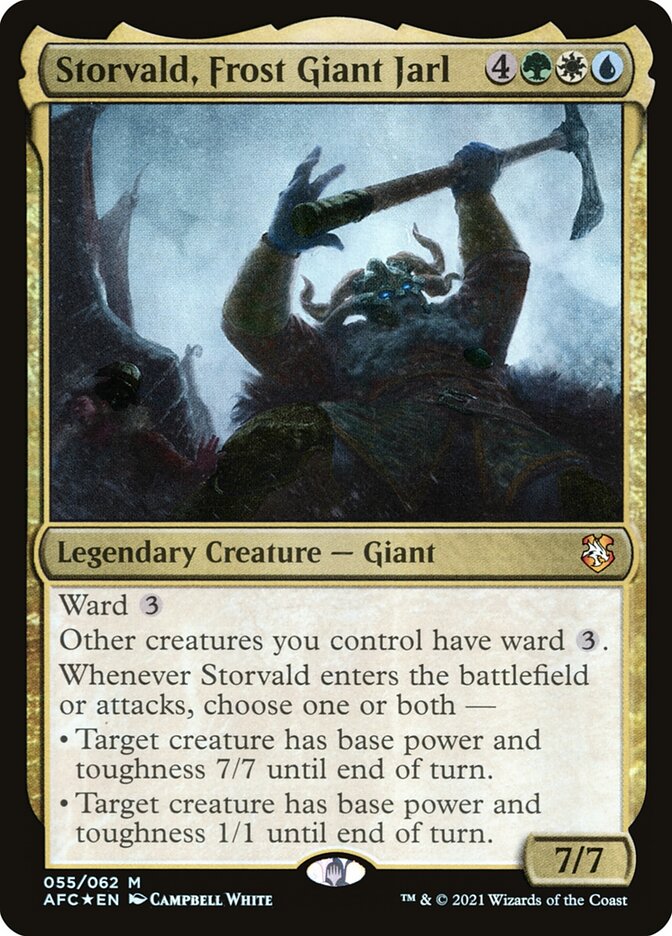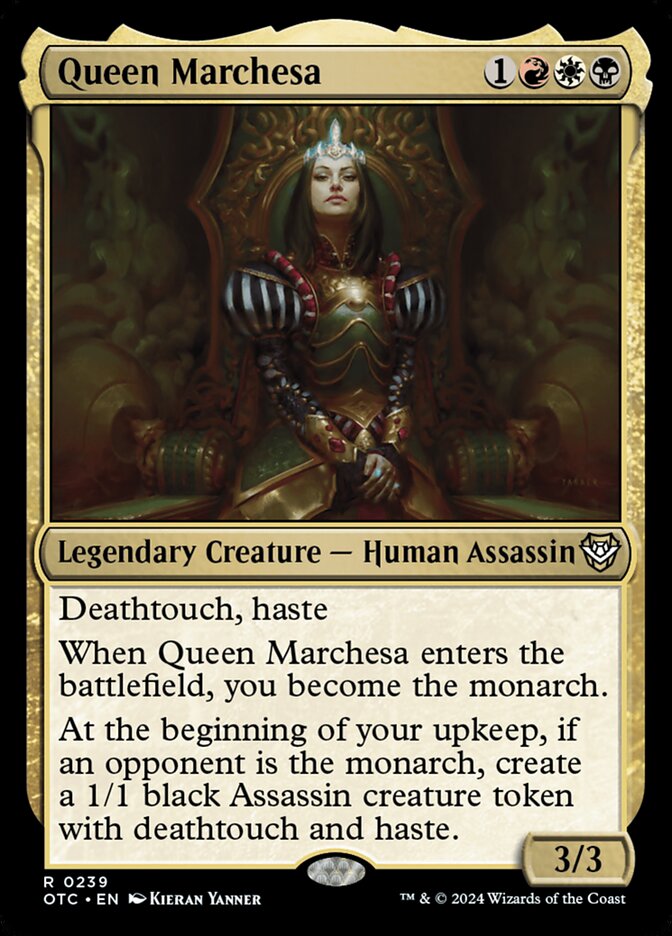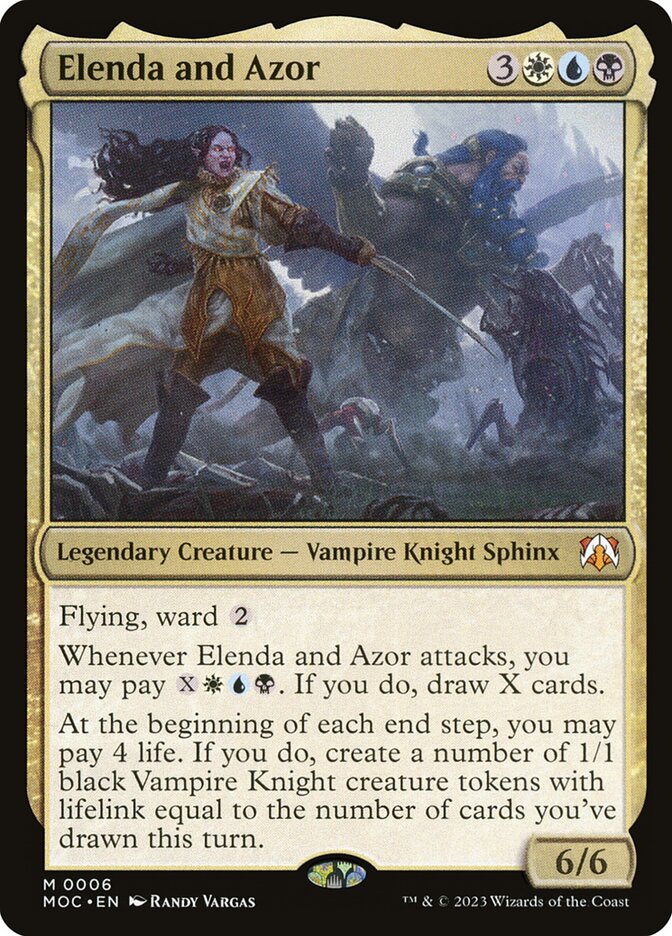No matter how many test hands you run through, how much gas you put into your deck, or how low your curve possibly can be, commander games go much longer than probably planned for.
As an aggro player myself, I often find myself brewing decks that play faster, hit harder, and pop off more consistently.
However there is only so much consistency I can truly achieve when all I get to work with is a concept and some test hands.
In practice, my decks that present turn 4 or 5 winning board states on moxfield never seem to work out that fast in real games.
This of course, is completely normal and should be unsurprising.
There is some games where I get the perfect hand and little to no interaction gets thrown around and my deck does reach that optimal turn window, but in most cases the deck would and should be stopped.
So if this is the case, what do I do to counteract this inevitable 2 turns added to my normal pace, and how do rebuild a winning board state even after getting stopped completely.
I use this simple mantra, No matter what power level, a deck needs to be able to grind.
In my most recent builds of commander deck, I’ve started adding cards to them that are able to help me continue advancing even when a game stalls out.
If you’re like me, you play in pods of all different levels of powers and tiers.
The pods I regularly play in have a ton of interaction flying around, so getting slowed down or outright stopped is pretty normal.
In pods where there is much less interaction, while it is easier to get a good gameplan going, you often become a target when popping off quickly.
Either way, I’ve been adding cards that can help me slow the game to a pace I’ll have more control of.
There are different ways to grind out games: incremental life gain, stax pieces, taxes, and removal.
There are plenty of other creative ways, but these are the few I have been focusing on lately.
In the past I have advocated for players to use more removal and interaction to help make their decks more consistent. This is solid advice, and I think the next step up is to add more grindy pieces to deck in addition to that removal.
With all this being said, let’s go into different kinds of grind engines, and when I like to use them.
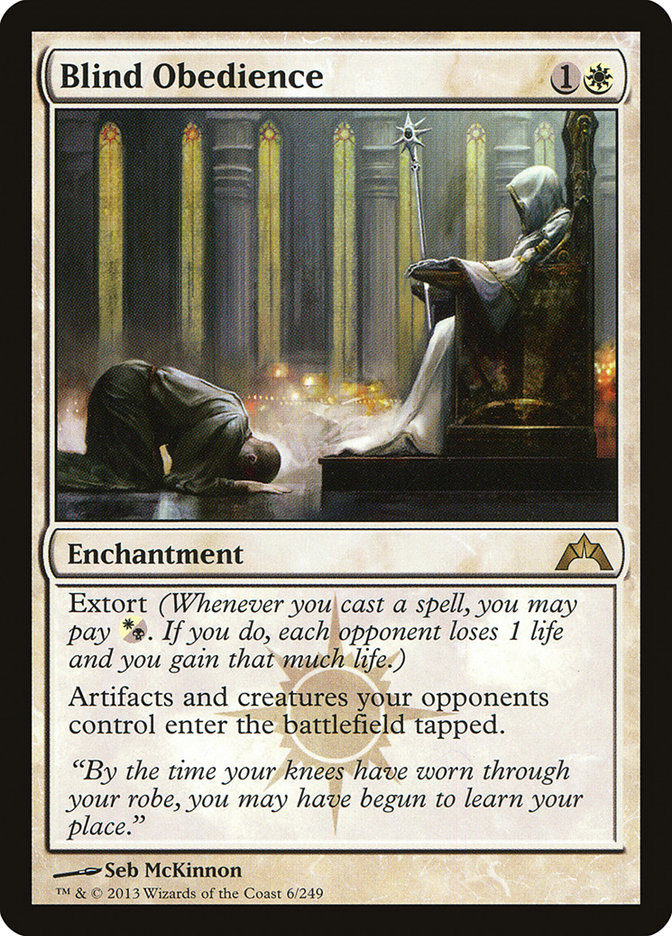
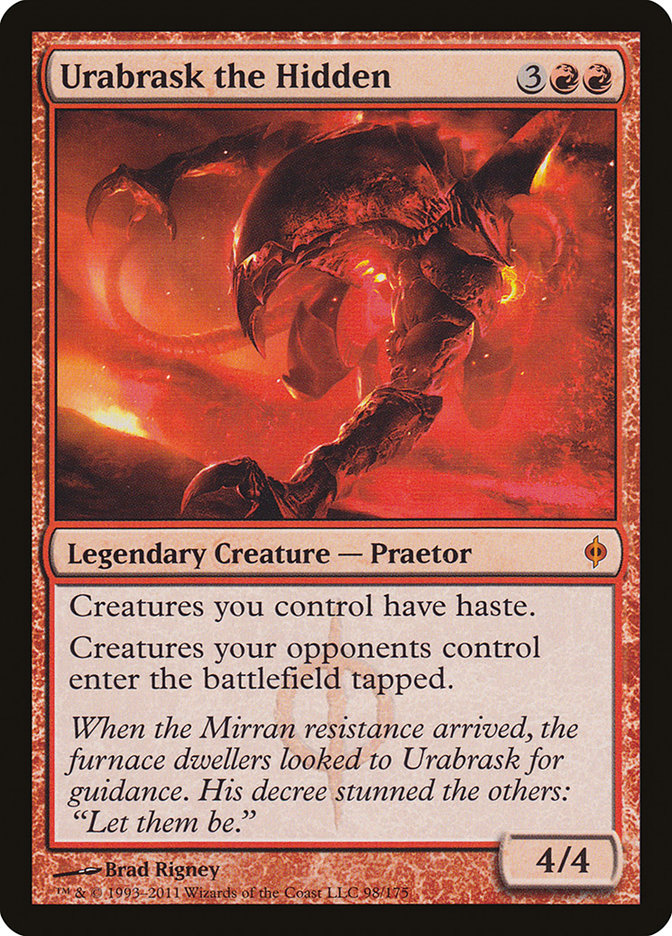
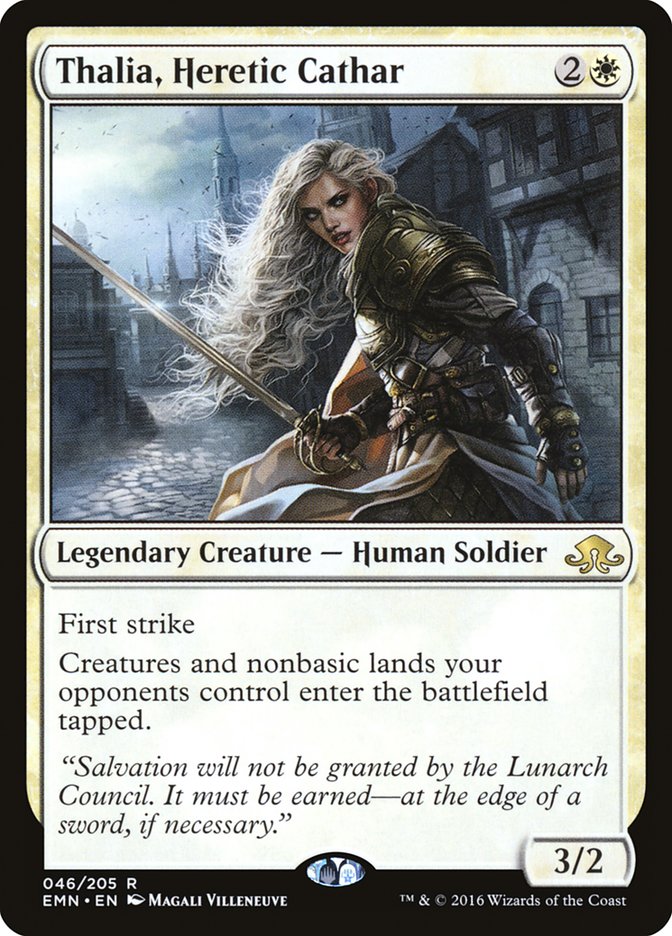
For aggro decks, blind obedience effects are second to none.
In aggressive strategies based around combat, limiting your opponents by having their creatures enter tapped allows you to go unblocked for a turn rotation.
Blind obedience helps us twice over for grinding from it’s extort ability, giving us access to incremental life gain when we potentially stall out.
Urabrask gives us essentially 2 turns unblocked due to it’s hate enabling ability.
Thalia helps with not only creatures, but non basic lands as well, putting us in a great position against more powerful decks with tuned land bases.
In an aggro deck where creature combat is inevitable, finding ways to tip the scales even a little with cards like these are tremendous additions to our commander decks.
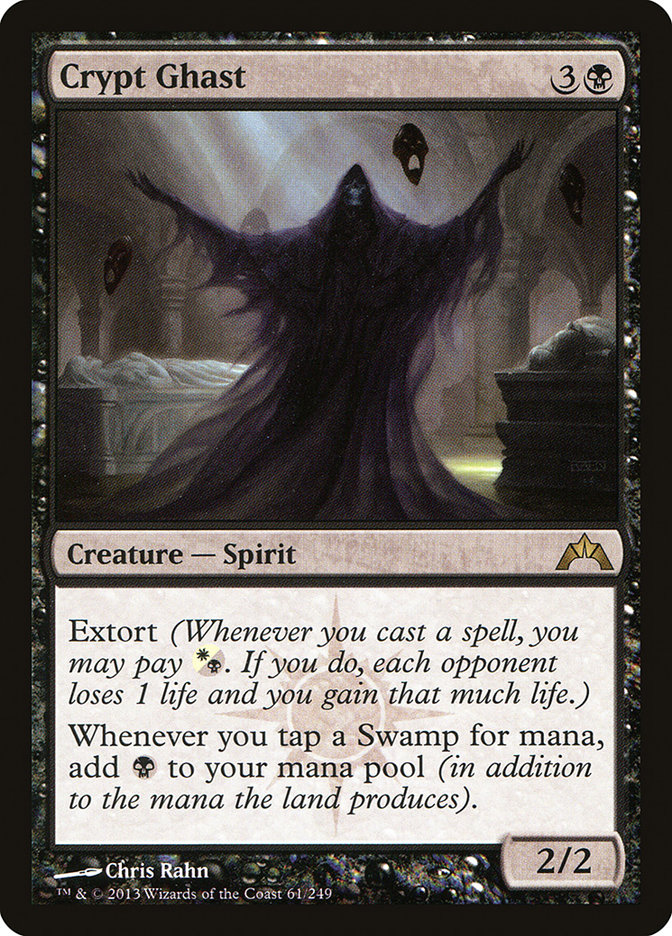
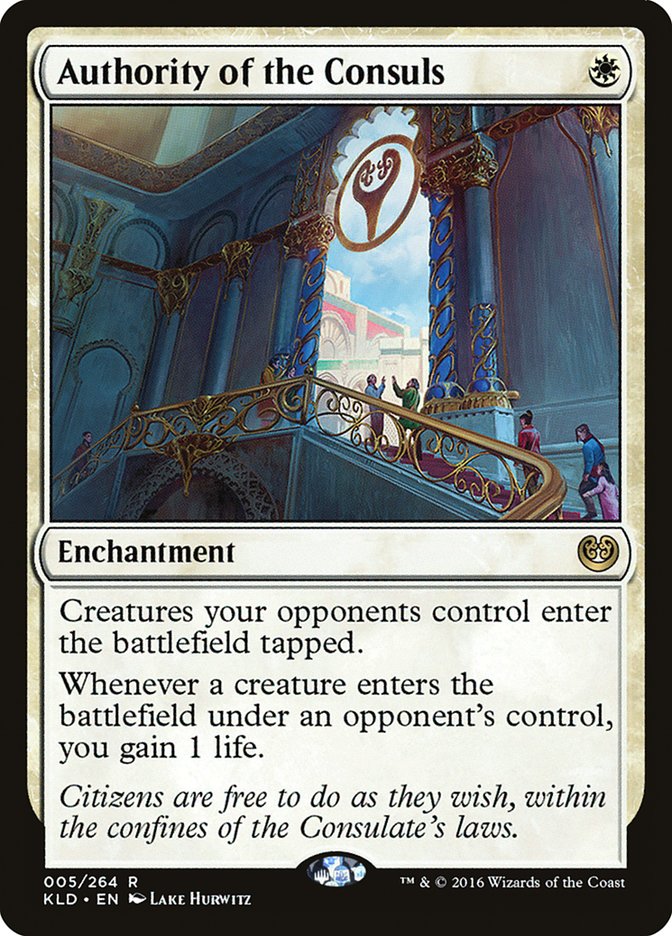
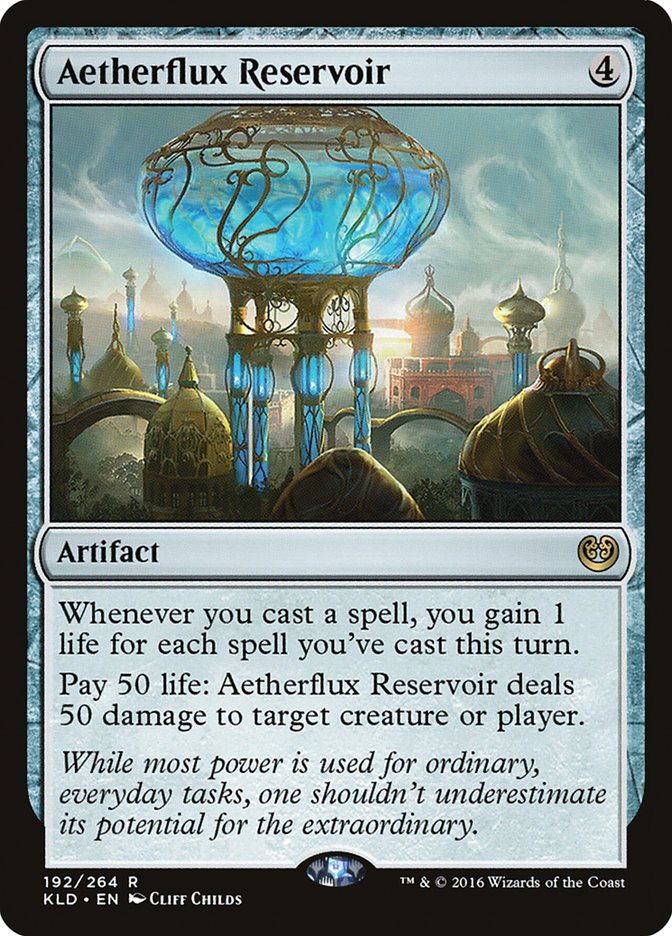
I mentioned how life gain is another great way to grind out games. These types of cards allow us to slowly, or quickly, recoup our life totals that are being chipped down through burn, combat, and drain effects.
You’ll find that gaining life overtime can allow you to survive some of those late game swing outs and big hits.
Crypt Ghast, while being a great extort engine, doubles up our black mana.
Authority of the consuls is Blind Obedience’s cousin.
Aetherflux Reservoir, while being a potential combo piece, can also gain us both a ton of life and deal with a player that might not be able to be dealt with otherwise.
Unless you are facing a combo deck that wins on the spot, incremental life gain will never be a dead card in your decks.
You’ll find most grind engines turn out to be multifaceted. While our creature tappers also have other benefits, so you our life gain engines. If you find a card that has only one function or purpose, you should really make sure it’s worth the mana and can stick around long enough for it to be effective.
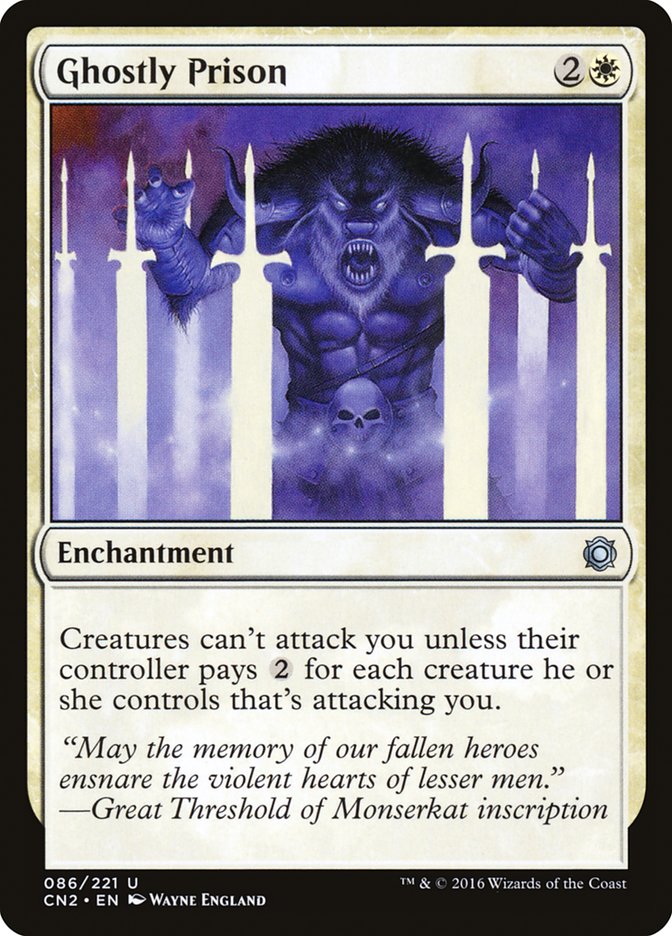
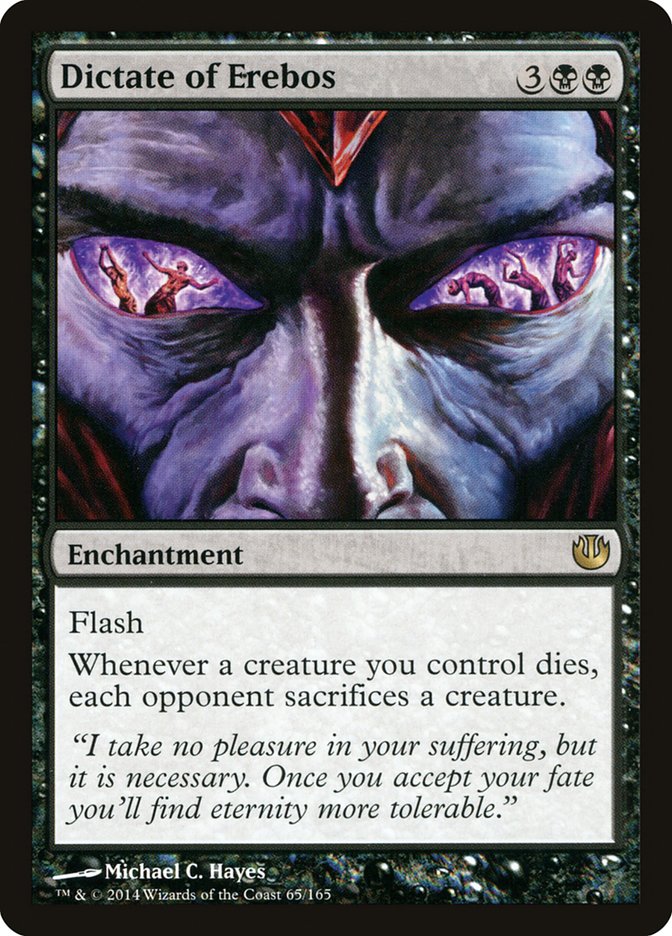
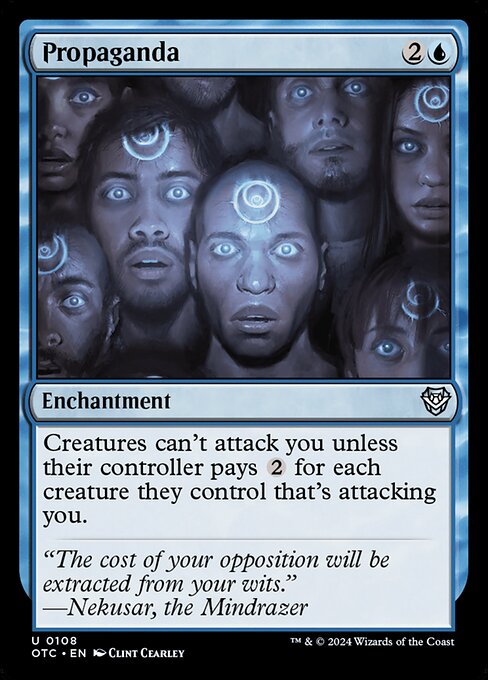
Taxing effects are some of the best ways to get around aggressive decks you might face.
As an aggro player myself, I’m often worried about keeping mana up to protect my board on other turns. Combine holding mana in reserves on other turns with having a limited amount of mana in the first place, and it’s going to really hard to convince me to pay the taxes.
Taxing effects can make a game either really slow when the taxes are paid, or really in your favor when they aren’t.
Ghostly Prison and Propaganda stop players from coming after you, or having to use a piece of removal that is hard to come by against an effect not really effecting other players.
Dictate of Erebos, while not being a tax you have control over paying, is an indirect stax piece that forces your opponents into other forms of removal or having to find ways to get rid of the enchantment itself. This kind of gameplay is essentially a tax in card advantage itself, forcing more cards out of opponent’s hands or boards to deal with it.
Taxing effects can prove to be some of the most oppressive grind engines you can add into a deck and see lots of success with.
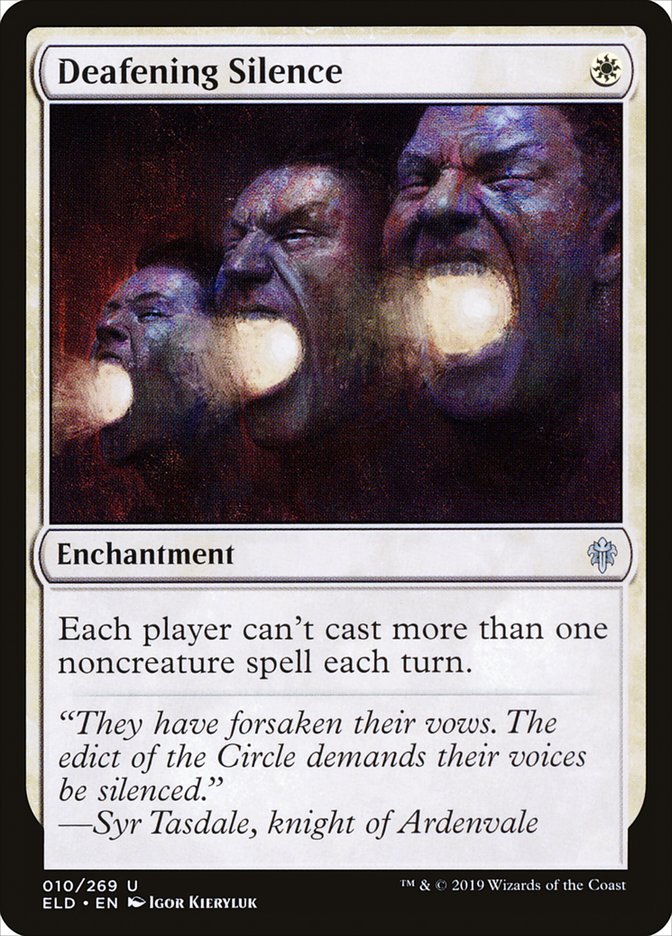
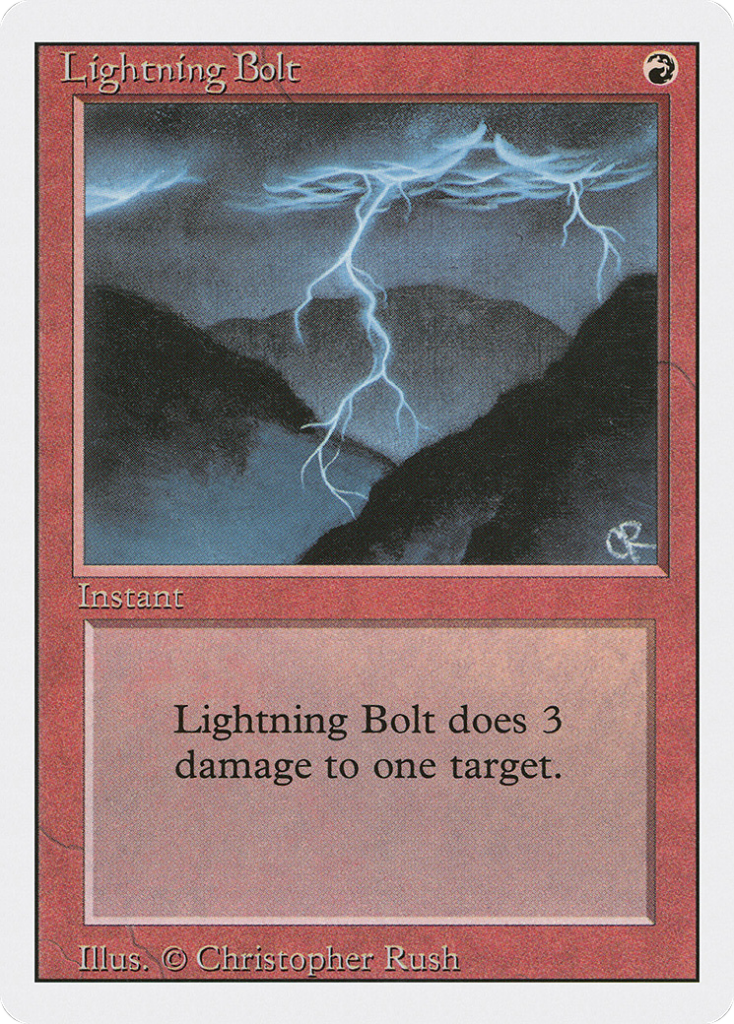
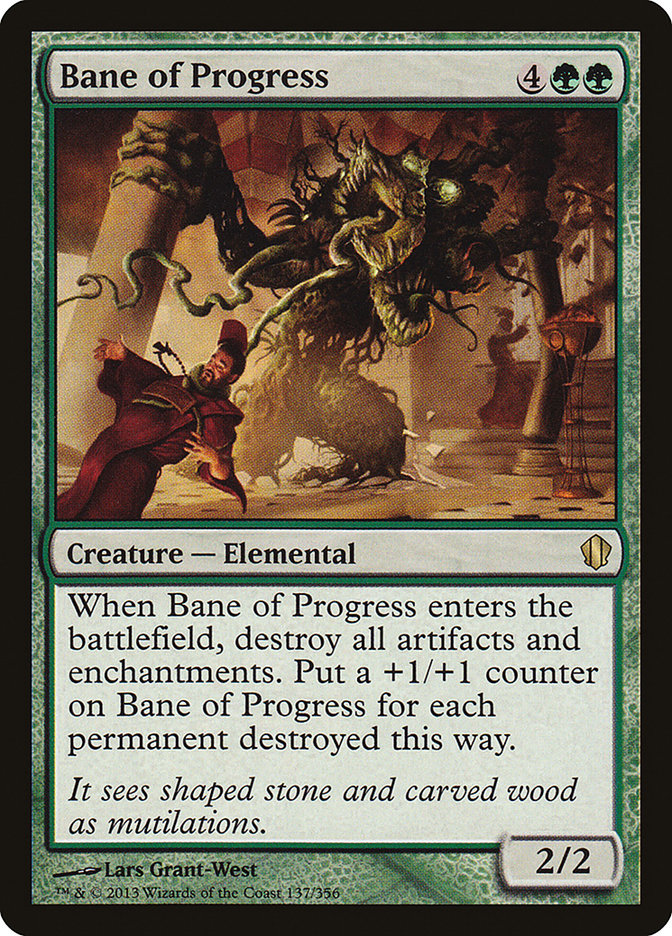
Finally, generic stax and removal are also some great ways to keep a game going and keep it in your favor.
The best combination of grind pieces to removal is around 16-20 cards total, with around 75% being hard removal, and 25% being grind pieces.
This is of course a generic number that can a should be tampered with.
Always look at the context of the deck itself.
How fast am I looking to go? How consistent is my gameplan? If I do get stopped, how can I recover? What is my biggest fear with this deck, and what grind pieces can help me deal with that when the worst case scenario happens?
Building decks with a worst case scenario in mind can help you understand how it can grind best, and what pieces you’ll need to add to it in order to outlast opponents.
In EDH, things can and will go wrong, so don’t run from the grind. Happy building.

